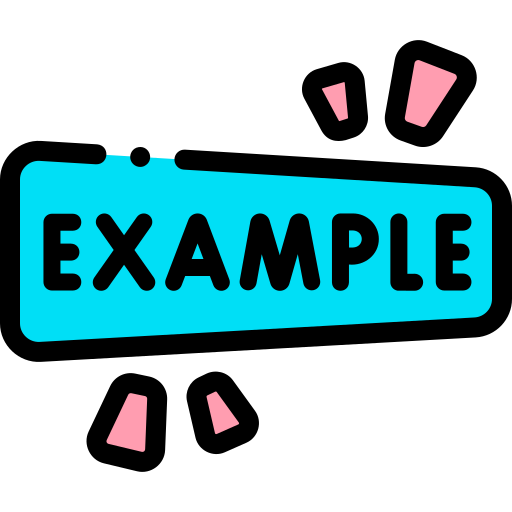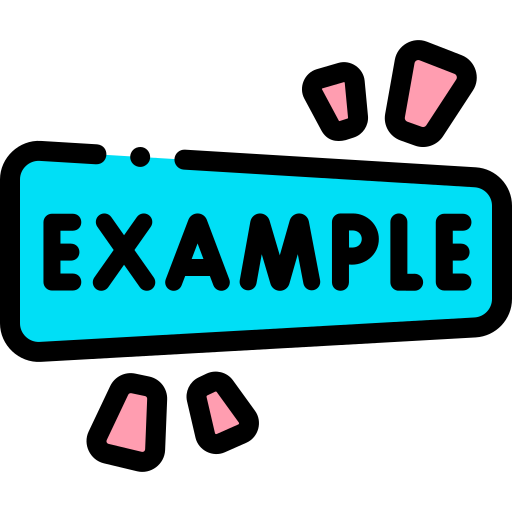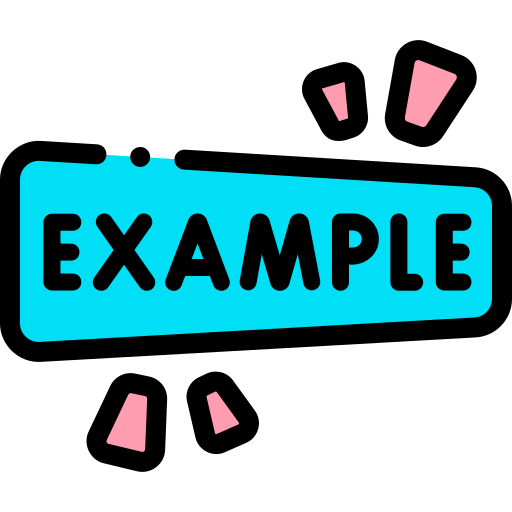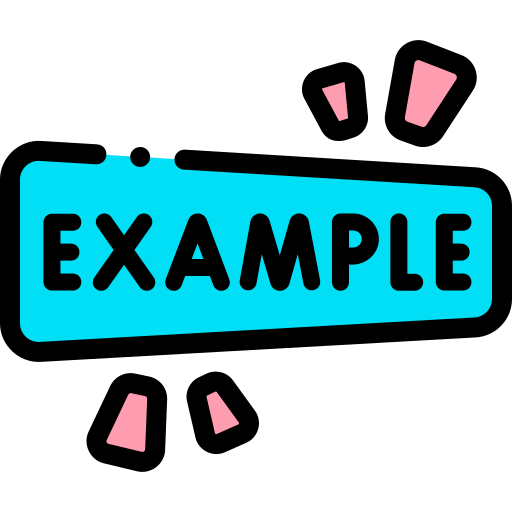
This logo isn't an ad or affiliate link. It's an organization that shares in our mission, and empowered the authors to share their insights in Byte form.
Rumie vets Bytes for compliance with our
Standards.
The organization is responsible for the completeness and reliability of the content.
Learn more
about how Rumie works with partners.
Are you in a relationship with someone, but feel like you need to talk with them about exactly how to label it?
Are you worried that this conversation could go in the wrong direction?

Fear not!
While you may be hoping for a particular outcome, approaching this conversation after a little preparation can lead to greater clarity on your next steps regardless of the results.
Follow these steps toinitiate a conversation with your partnerand help define your relationship.
Self-inquiry: get clear about your own feelings and needs first!
What are your needs?
Investigate and write down your core observations, needs, and feelings that are behind wanting to define your relationship. Check out this list based on Marshall Rosenberg’s Non-Violent Communication.

Concrete observation: We've been talking and hanging out weekly for three months, but haven't spoken about what either of us wants and needs.
Feelings:curious, confused, interested
Needs: clarity, understanding, deeper connection
What do you want?
Write down some observations, feelings, and needs that you have about your relationship and needs in general.

Concrete observation: We often text to check in with each other.
Feelings: happy, comforted
Need: care and concern, communication

Concrete Observation: We haven't discussed our future.
Feeling: longing
Needs: securit, companionship while working towards mutual life goals
What do different definitions mean to you?
Think about different definitions that would meet your needs, and definitions that would not. What terms come to mind and what exactly does your desired definition(s) mean to you?

Some examples are:
casual dating
serious relationship
committed, open partnership
monogamous partnership
platonic
intimate
Quiz
You want to settle down with your partner and not date others, yet they're not being clear about whether or not they're still seeing other people. What needs are likely LEAST met for you in this situation?
While many needs may be present, the ones best described by the scenario are clarity and alignment. You likely want to know about the other person’s dating choices and feelings about where they want your relationship to go (clarity), and you likely want to be on the same page about settling down in a more closed, monogamous relationship.
Plan the conversation

Some things you may want to think about and write down before talking:
When, where, and how?
Will you wait for a moment that feels right, or let your partner know you would like to set aside time to talk? Do you want to ask them to think about the topic before discussing it, or make it a surprise? Do you want to discuss this in person, over the phone, or by text?
How will you open the conversation?
Some ideas are to start with an open-ended question, with a statement about what you have enjoyed about your time together, or what you appreciate about the other person.
What requests will you make?
Will you request to decide on a definition during this conversation, or request that after sharing each of your thoughts? Or will you come back to it later to decide on a definition?
What boundaries will you hold?
Will you decide that certain responses aren't acceptable in order to continue the conversation or relationship? Will you pause the conversation if either of you begins to feel upset?
Did you know?
Marshall Rosenberg, the creator of Nonviolent Communication: A Language of Life, suggests sticking to only concrete observations, feelings, needs, and clear requests for a successful conversation. He also shares that judgments, evaluations, and assumptions are likely to lead to results where no one’s needs are met.
Discuss

Now all you have to do is follow your plan! Practicing with a friend first can help you feel more comfortable when the time comes as well.
Some tips for success:
Take your time: speak slowly and pause to gather your thoughts frequently.
Clarify frequently: ask questions to check if the other person has understood, and to ask if you have heard correctly.
Reflect: statements beginning with something like, “So I'm hearing…” or “When you said… I felt…” lets the other person know you understand, invites more information, and can deepen connection.
Remember to stick to concrete observations, feelings, needs, and requests as much as possible.
Don’t be afraid to table the conversation until later if you are feeling overwhelmed, confused, or upset. Coming back to it once you have had time to process is better than continuing forward without clarity or grounding.

A good rule of thumb is to stay open, curious, and accepting of the present moment as much as possible.
Did you know?
Oren J. Scoffer’s book Say What You Mean has lots of helpful tips and practices for having difficult conversations like the ones above.
What would you do?

Consider this scenario:
You're in the middle of a conversation with your partner about the status of your relationship.
You've expressed yourself, and now you're listening to your partner’s response. You begin to feel hot and overwhelmed. You feel like it's hard for you to process information or remember your plan.
How can you proceed?
A. Say, “Thank you for being willing to talk about this. You've given me some good food for thought. Let’s take a break and sleep on this.”
B. Say, “I think I hear you saying [summarize what the person said]. Is that right? Is there anything I missed?”
C. Say, “I want to hear everything you have to say and think more about this, but I'm hitting a wall right now. Can we talk some more tomorrow evening?”
D. Any of the above.
Quiz
What could you do in the above scenario?
You say any of the above to slow down the conversation, gain clarity, and give yourself time to process.
Reflect

Reflect on what went well, what could have gone better, and what feelings and needs were revealed.
Why reflect?
The definition of a relationship is a shared process that is ever-evolving and ongoing.
Reflecting honestly on how the conversation went helps you process everything that came up and follow up in the way that will best meet both of your needs.
Reflecting will help you gain valuable insights about yourself and your partner.

You can reflect by:
Journaling your thoughts.
Talking to a friend or professional who will listen empathetically and ask you questions to help you gain more insight and understanding, and decide what to do next.
Being creative.
Taking time to yourself in nature.
Follow Up

After taking a little time to process and reflect, what else might you need or want to communicate? Some common themes are:
Appreciations: What do you appreciate about what or how the other person communicated during your conversation?
Clarifications: Is there anything that you need to understand better?
Feelings and needs: Are there any feelings, good or bad, that came up related to needs that were either met or not met through the conversation?
Requests: Do you need to request anything from your partner?
Actions/Boundaries: Do you need to take any actions or make any boundaries clear as a result of what came up in the conversation?
Take Action

Get planning!
Did you know?
You can find the references for this Byte below:
Rosenberg, M. B. (2003). Nonviolent Communication: A Language of Life (2nd ed.). PuddleDancer Press.
Sofer, O. J. (2018). Say what you mean: a mindful approach to nonviolent communication. First edition. Boulder, Colorado, Shambhala Publications, Inc.
This Byte has been authored by
Jacqueline King-Presant
Instructional Designer/Project Manager
M. Ed.
